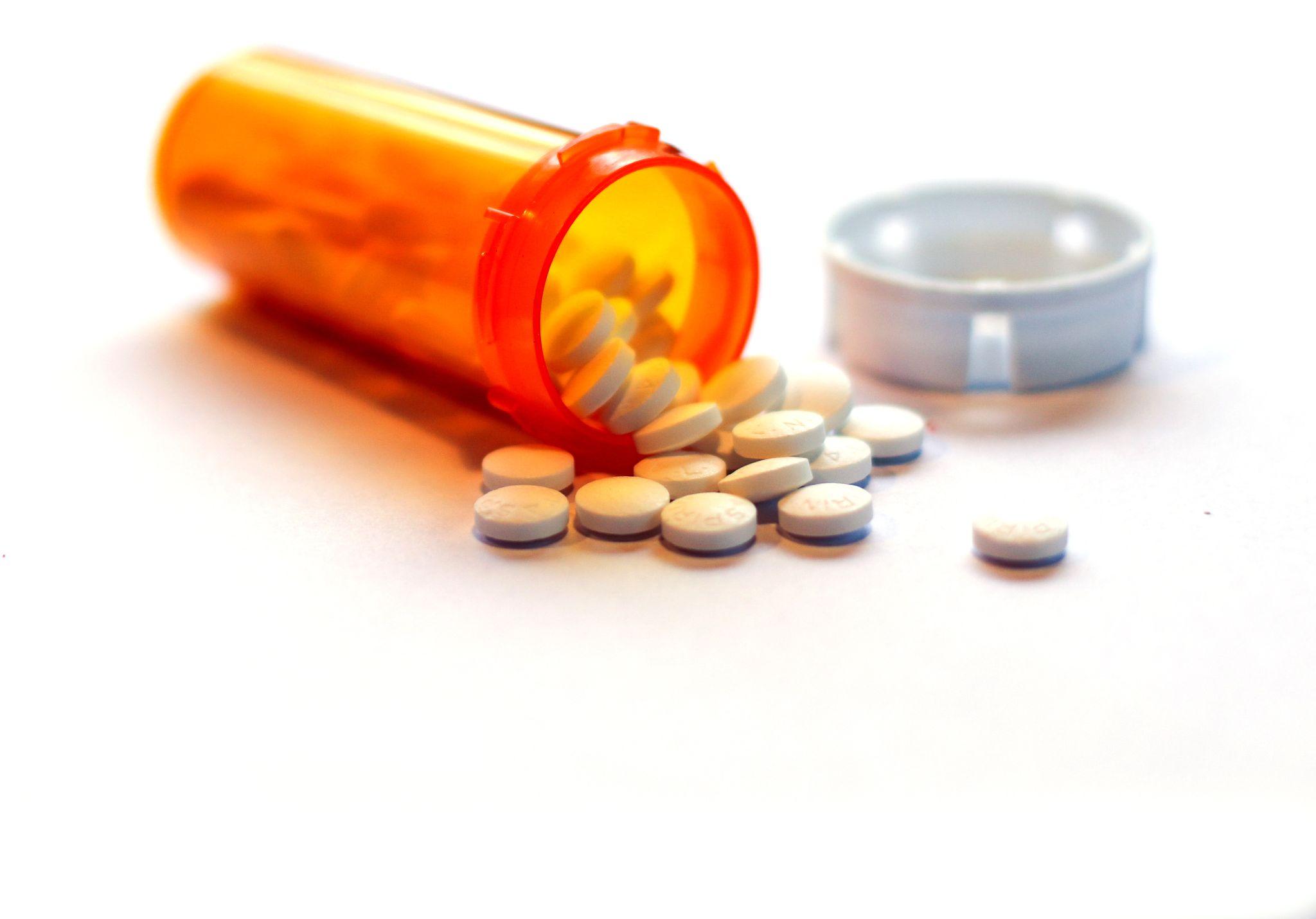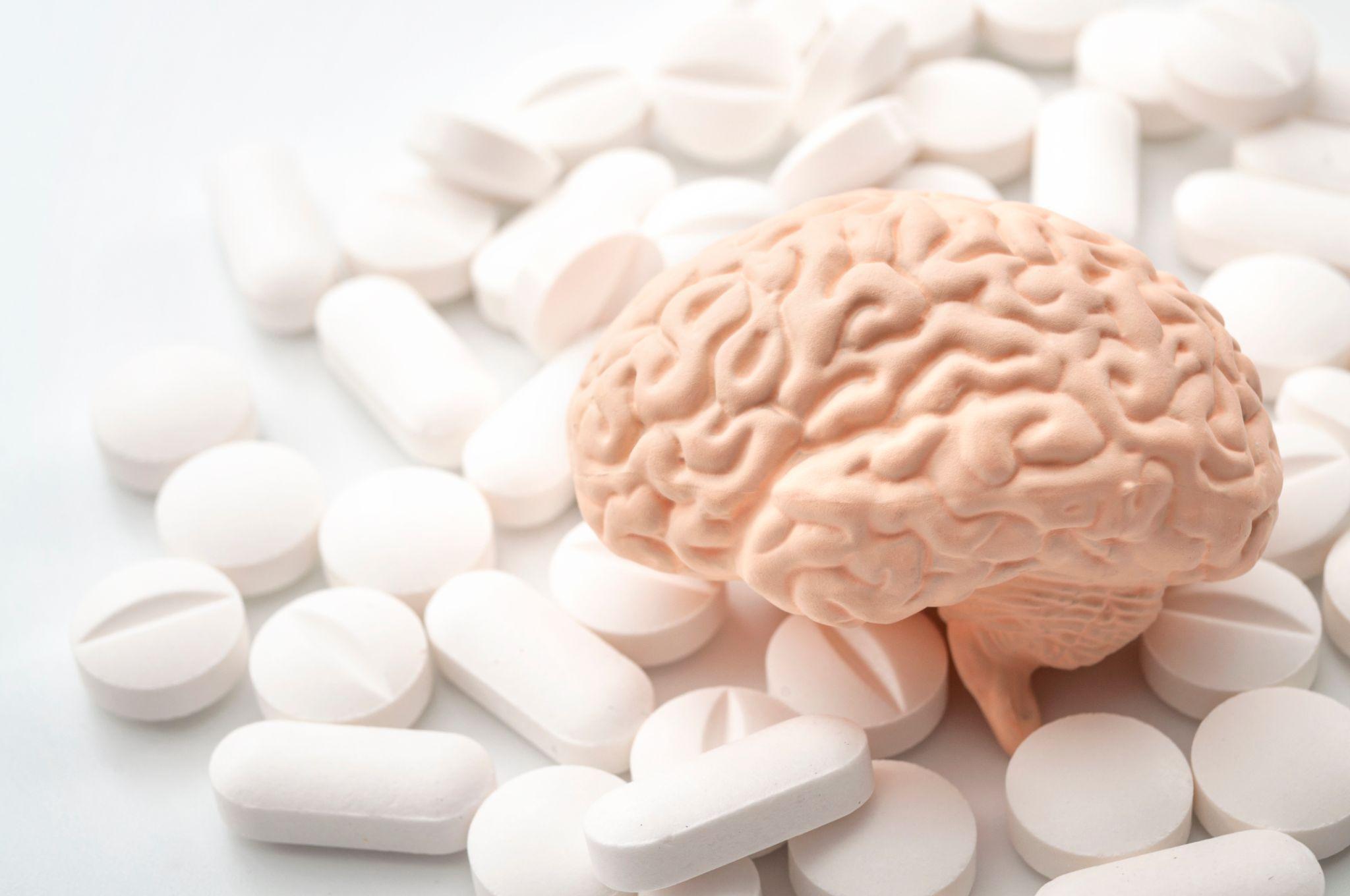According to the Substance Abuse and Mental Health Services Administration (SAMHSA), methadone is a schedule II controlled long-acting opioid. Methadone treatment is commonly used for long-term pain relief and opioid use disorders (OUD) in certified opioid treatment programs (OTP).1
Despite its legitimate medical uses, some individuals use methadone illicitly, obtained either through fraudulent prescriptions or from the street. Known by various street names such as Amidone, Wafer, and Chocolate Chip Cookies, this drug poses significant risks when used outside a medical context.2
Recognizing Methadone Abuse
Identifying methadone abuse requires attention to several behavioral and physical signs that may indicate misuse of the drug, especially if it’s outside a prescribed treatment plan. Some key indicators include:3
Behavioral Changes
- Increasing secrecy about activities or withdrawing from family and friends
- Unexplained borrowing or stealing money
- Skipping work, school, or neglecting home duties
- Encounters with law enforcement or legal troubles related to drug use
Physical Signs
- Constricted pupils even in dim light
- Excessive sleepiness or difficulty in sleeping
- Neglecting personal grooming or a noticeable decline in cleanliness and order
- Unexplained weight gain or loss without changes in diet or exercise habits
- Flushing, puffiness, or a generally unhealthy appearance
Side Effects of Methadone
As the National Institute on Drug Abuse reports, methadone can help prevent the negative effects of opioid withdrawals and cravings, but it’s important to note it can also cause a range of side effects with short-term use.4 Methadone side effects include:5
- Restlessness and mood changes
- Upset stomach, vomiting, constipation, and stomach pains
- Slow breathing
- Itchy skin, heavy sweating, flushing, and in severe cases, hives or a rash
- Headaches, vision problems, and drowsiness
- Dry mouth, changes in sleep patterns, appetite fluctuations, and sexual problems
- Weight gain
There are more serious side effects where medical attention should be sought immediately:5
- Trouble breathing, a hoarse voice, or trouble swallowing
- Swollen lips, tongue, throat, or face, which can be signs of a severe allergic reaction
- Chest pain or a rapid heartbeat
- Hallucinations, confusion, fainting, lightheadedness, or seizures
- Unusual menstrual periods
Risks of Methadone Use
Methadone carries specific risks that can affect individuals based on their health status and history. It’s crucial to inform your doctor if you have any of the following conditions:5
- Heart disease or a heart rhythm disorder
- Any breathing problems or lung disease
- History of head injuries, brain tumors, or seizures
- Liver or kidney disease, and problems with your gallbladder, pancreas, or thyroid
- Issues related to urination or if you are taking sedatives
Drug Interactions
Methadone can interact with various drugs, which can exacerbate its effects or increase risks:5
- Other opioids and narcotics
- Sedatives and medications that affect breathing
- Drugs altering serotonin levels
Always inform your healthcare providers about any medications you are currently taking to avoid adverse interactions.
Dependency and Tolerance
Methadone can lead to dependency and tolerance. Over time, you might need higher doses to achieve the same pain relief effects, known as tolerance. Dependency occurs as your brain gets accustomed to the relief methadone provides, leading to withdrawal symptoms if usage stops suddenly.
Overdose Risk
Changing your medication amount without talking to a doctor can be very risky and cause an overdose, which can be deadly. Signs of an overdose include:2
- Slow, shallow breathing and weak pulse
- BIue-tinted lips and fingernails
- Clammy skin
- Stomach spasms
- Convulsions
- Coma
Impact of Methadone on the Brain and Body
Methadone mimics opiate effects on the brain and body, but its impact varies significantly with controlled versus uncontrolled use. In the brain, methadone binds to opioid receptors which are normally targeted by stronger narcotics like heroin. This binding helps reduce the cravings and withdrawal symptoms associated with opioid addiction, facilitating recovery in a medical setting.
However, this same mechanism can lead to addiction if methadone is misused, as the brain begins to rely on methadone for achieving normal function. This dependency can alter emotional stability, cognitive functions, and even personal behavior, driving the cycle of addiction deeper.
Physiologically, methadone slows the body’s systems, notably affecting the respiratory and cardiovascular systems. It can lower breathing and blood pressure, which can be helpful in moderation but harmful if used incorrectly.
Gastrointestinal motility is often reduced, leading to issues like constipation. Over time, these physical effects can compound, leading to significant health problems that require medical attention.
Overcoming Methadone Addiction
Recovering from methadone addiction involves a comprehensive approach that addresses both the physiological and psychological aspects of dependency. Typically, the process begins with a medically supervised detoxification, where the dose of methadone is gradually reduced under close medical supervision to mitigate withdrawal symptoms effectively.
Following detox, long-term treatment options include therapy and counseling, which are vital for addressing the underlying causes of addiction. Cognitive behavioral therapy (CBT), group therapy, and other forms of counseling can help modify the behaviors and thought patterns that contribute to substance abuse.
Addressing lifestyle factors such as diet, exercise, and stress management plays an essential role in recovery too. Creating a good routine and exercising regularly can make you feel better mentally and physically, helping you recover overall.
Get Help for Methadone Addiction With Lumina Recovery
Understanding the signs and effects of methadone abuse is vital for individuals and their loved ones to recognize the need for intervention and treatment. Methadone, while beneficial in controlled doses and medical environments, can lead to serious personal and health issues when abused.
Lumina Recovery provides initial detox and therapy options as part of our opioid and prescription drug addiction treatment programs. If you or a loved one is struggling with methadone addiction, it is important to seek professional help to address both the physical and psychological aspects of addiction.
Reach out to Lumina Recovery for compassionate and effective help.
Sources:
- https://www.samhsa.gov/medications-substance-use-disorders/medications-counseling-related-conditions/methadone
- https://www.dea.gov/factsheets/methadone
- https://www.hopkinsmedicine.org/health/conditions-and-diseases/opioid-use-disorder
- https://nida.nih.gov/publications/research-reports/medications-to-treat-opioid-addiction/how-do-medications-to-treat-opioid-addiction-work
- https://www.webmd.com/mental-health/addiction/what-is-methadone



